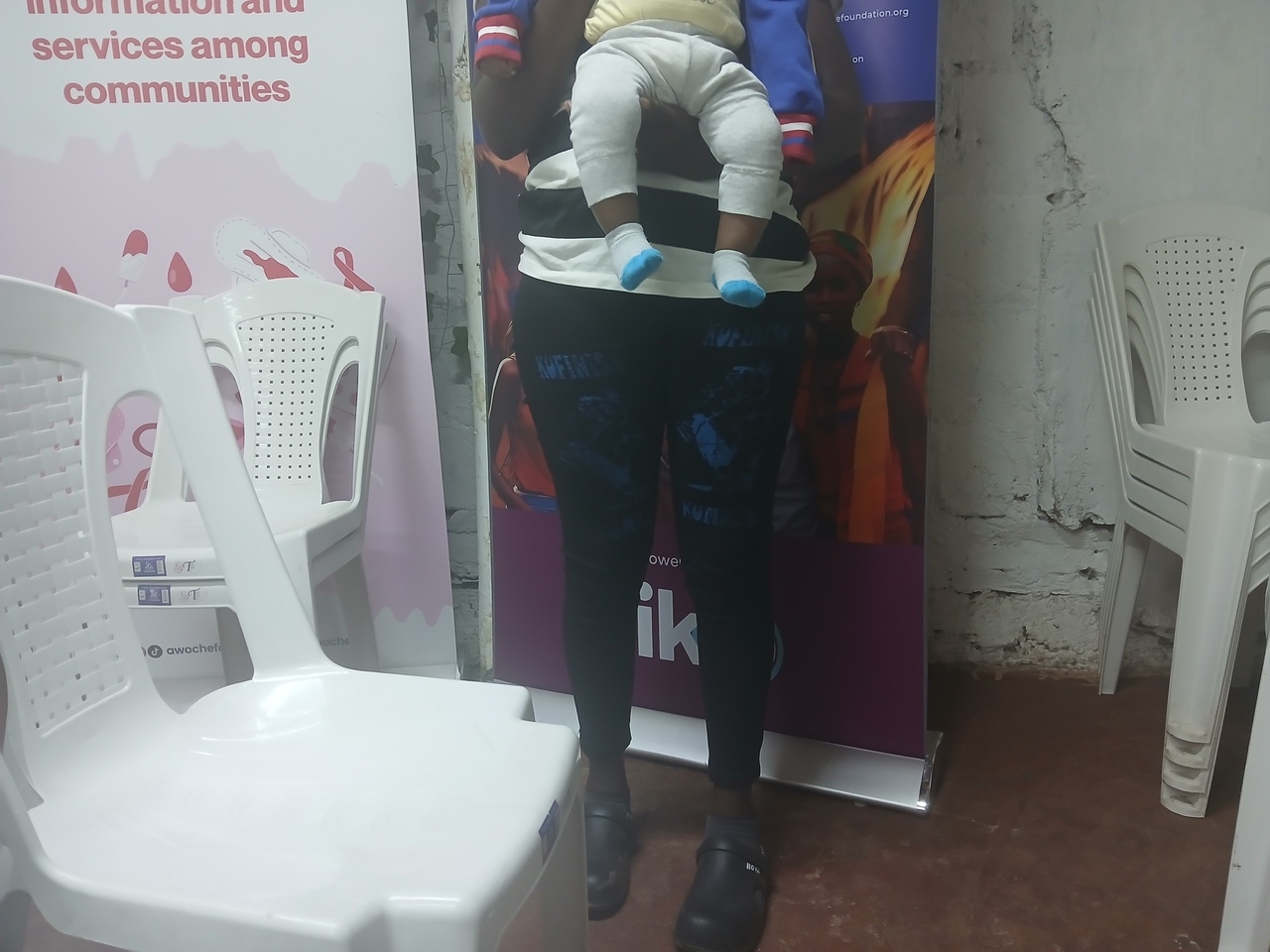Stockholm Environment Institute researcher Ndongang Wandji believes air quality could be the key to unlocking peak athletic performance in the country.
Air quality sensors are devices used to detect the concentration of pollutants in the air.
With the installation of air quality sensors across six African countries— including Kenya, Wandji is confident the tools will revolutionise athlete training by identifying the best pollution-free training grounds.
In collaboration with the United Nations Environmental Programme (UNEP), air sensors have been set up in Kenya, Senegal, Ethiopia, Tanzania, Zambia and Cameroon.
During the African Senior Championships in Cameroon last June, these systems were also deployed to ensure optimal air conditions for athletes.
Wandji emphasised the significance of clean air for athletes, noting that poor air quality can severely impact their health and performance.
“Training in polluted environments exposes athletes to harmful contaminants. With these sensors, we now have real-time data to monitor the air quality around sports facilities,” he explained.
He further pointed out that many athletes in Africa tend to overlook the importance of clean air in their training routines.
“Our culture in Africa is that we do not care about where we train. Most athletes don’t realise how crucial air quality is for their performance. This is a gap that we are looking to address.”
In Kenya, air quality sensors have been installed at key training hubs like Kasarani, Nyayo Stadium, Iten, Lobo Village and Maseno University.
Additionally, 50 sensors have been deployed in Nairobi’s industrial areas to monitor pollution levels in the city, where most sporting events take place.
“This data will be a game-changer for AK, helping them identify safer training locations for athletes and potential venues for future events,” Wandji noted, stressing the importance of the partnership with AK in developing early warning systems for both the federation and the athletes.
















